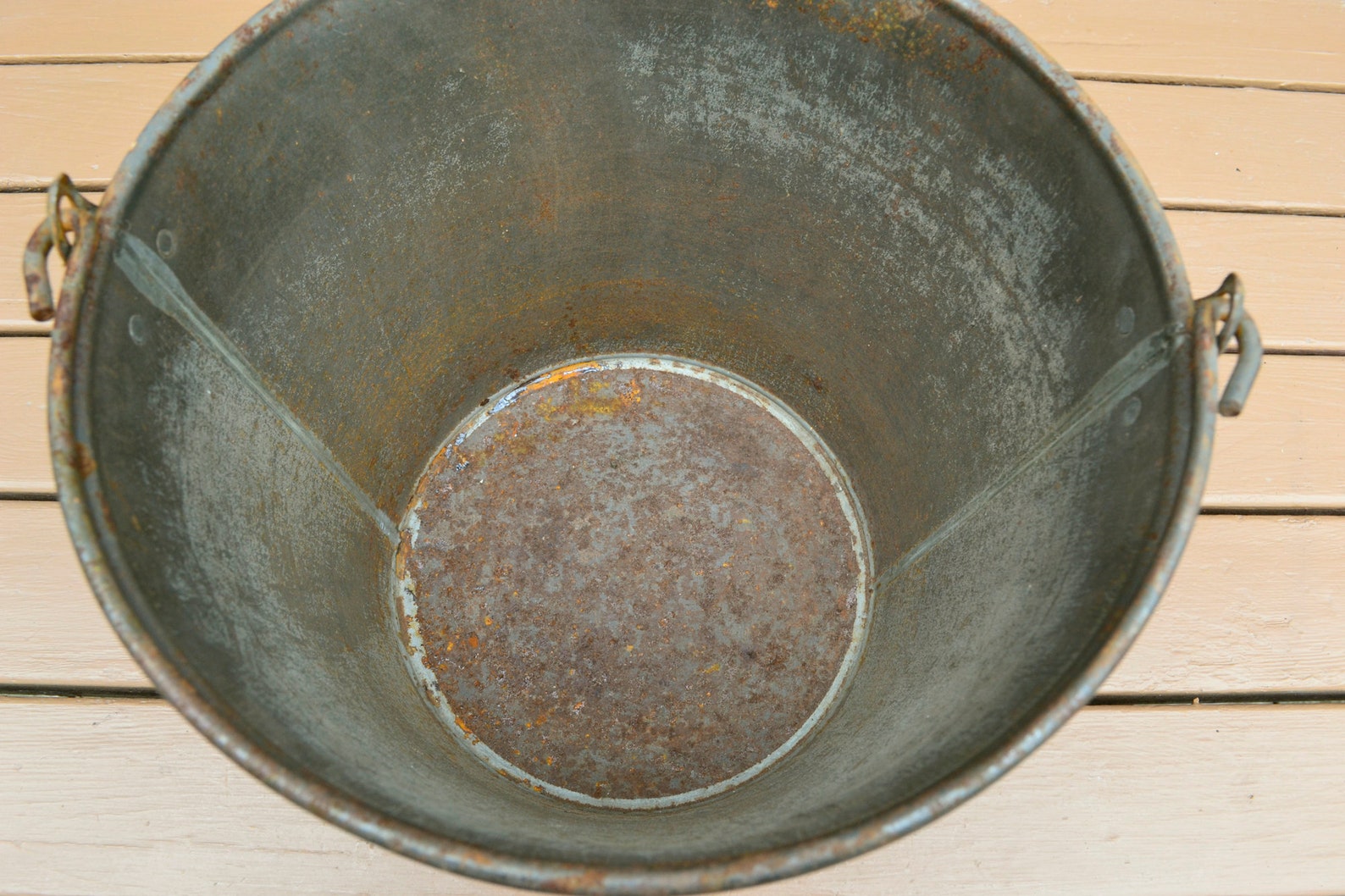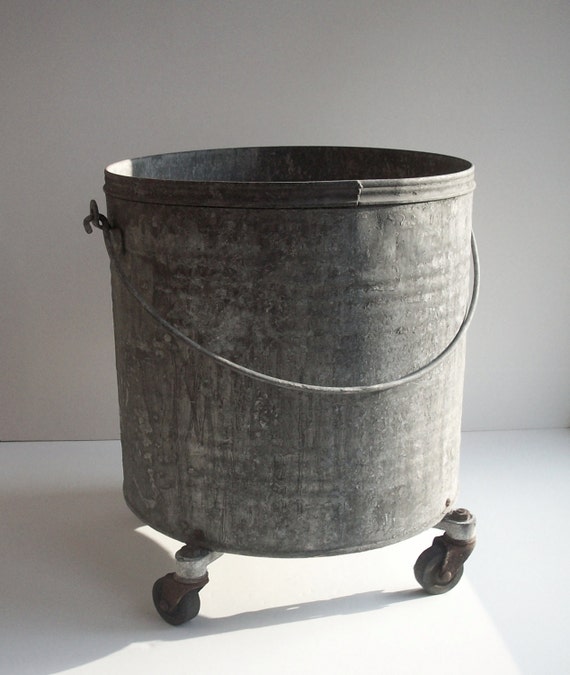

In the 2005 film, Wonka initially refuses to allow Charlie's family to join them in the factory, whereupon Charlie rejects Wonka's offer. In the 1971 film, Charlie wins the factory when he returns an Everlasting Gobstopper given to him by Wonka, thereby passing Wonka's moral test. In the novel, at the end of the tour, Wonka declares Charlie the heir to the factory for his refusal of vice, and Charlie's family are permitted to move into the factory. In this version, when Grandpa Joe decides to accompany Charlie to the factory, Charlie explains that the family needs the money now, instead of the ticket then Grandpa George explains why Charlie still has to go to the factory, and indeed he and Grandpa Joe do go. The filmmakers have stated that it was their intention that Charlie's hometown be kept ambiguous. His nationality is never explicitly stated, but in the 1971 film, he speaks with an American accent, and in the 2005 film, he speaks with an English accent. In the 1971 film, Charlie was portrayed by Peter Ostrum, in his only film appearance.

This positive depiction of an honest caring young boy contradicted how Dahl negative portrayed Oompa-Loompas as a racist stereotype of imported African slaves. Unlike the first four finalists, Charlie is honest and generous he is actually worried if the other nasty children such as Augustus and Veruca will actually be alive after their ordeals. He and his family follow the progress of the hunt for the Golden Tickets in newspapers and television. In the original film, he has a newspaper route after school. He is depicted as a kind-hearted and selfless boy who lives with his mother, father and his four grandparents. Dahl's widow said that Charlie was originally intended to be black. Peter Ostrum (left) portrayed Charlie Bucket in the 1971 film adaptation while Freddie Highmore (right) portrayed the character in the 2005 film adaptation.Ĭharlie Bucket is the second main character of Charlie and the Chocolate Factory, its sequel Charlie and the Great Glass Elevator, and the film adaptations of these books. At the end of the film, Wonka reconciles with his father, who is revealed to have collected newspaper clippings of his son's success. In this version, a backstory was added which reveals his troubled upbringing: Willy Wonka's father (being a dentist) would not let him eat sweets because of the potential risk to his teeth, and the young Wonka left home to travel to Switzerland and Bavaria and become a chocolatier. In the 2005 film Charlie and the Chocolate Factory, he is portrayed by Johnny Depp. Toward the end of the film, he tests Charlie's conscience by reprimanding him and pretending to deny him any reward but assumes an almost paternal role when Charlie proves to be honest after all. While his personality remains generally the same as in the original, he is more melancholy here, and frequently quotes books and poems, including William Shakespeare's Romeo and Juliet ("Is it my soul that calls upon my name?") or John Masefield's " Sea-Fever" ("All I ask is a tall ship and a star to steer her by"), and the famous "Candy is dandy, but liquor is quicker" from "Reflections on Ice-Breaking" by Ogden Nash, among many others. In the 1971 film Willy Wonka & the Chocolate Factory, he is portrayed by Gene Wilder. He is enthusiastic, talkative, friendly and charming, but is sometimes insensitive and has been given to glossing self-criticism.

Wonka has a black goatee and "marvelously" bright eyes, a high and "flutey" voice, a face "alight of fun and laughter", and quick little jerky movements "like a squirrel". Wonka holds a contest, hiding 5 Golden Tickets within the wrappers of his chocolate bars, promising their finders a tour of his factory and a lifelong supply of his creations. In the novels and films, Willy Wonka is the eccentric owner of the world's largest candy factory, making candy and chocolate. He will be portrayed by Timothée Chalamet in the 2023 prequel film. Willy Wonka was portrayed by Gene Wilder in the 1971 film adaptation and Johnny Depp in the 2005 film adaptation.


 0 kommentar(er)
0 kommentar(er)
